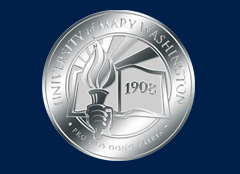Date of Award
Fall 10-23-2020
Document Type
Education 590 Project
Degree Name
Master of Education
Department
Education
Department Chair or Program Director
Broome, John
First Advisor
Vernimb, Peter
Major or Concentration
Education
Abstract
Research has demonstrated inquiry-based learning (IBL) engages students in the processes of scientific discovery and can make science relevant toward their real-world concerns. However, in most science classrooms, teachers still use traditional learning, or direct methods of instruction for scientific terminology and other types of discrete knowledge students need to master for standardized testing. Existing research and studies have identified the various impacts of inquiry-based learning in the science classroom and its relationship between student achievement, student motivation and long-term knowledge retention.
Research has shown implementation of inquiry-based learning has a positive and direct relationship to student achievement. Planning and developing inquiry-based learning lessons can be time consuming and resources can be limited. However, students can make direct connections and experience deeper learning through hands-on and experiential learning which has an overall positive benefit for student achievement, knowledge recall and retention. This research study examined existing studies and research to understand the relationship between inquiry-based learning and student achievement and success in the science classroom and the varying benefits and methods to implement inquiry-based learning in the classroom.
Recommended Citation
Wilson, Celeste Elizabeth, "The Effects of Inquiry-Based Learning and Student Achievement in the Science Classroom" (2020). Student Research Submissions. 370.
https://scholar.umw.edu/student_research/370

